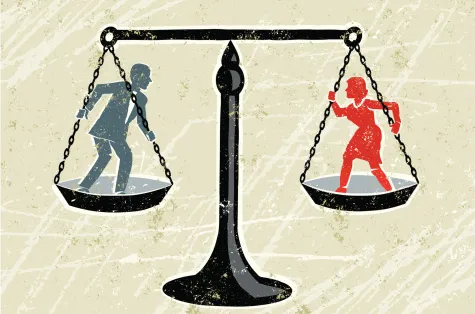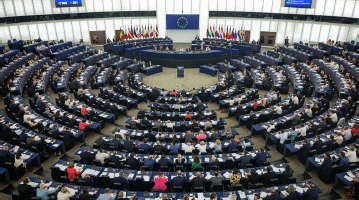Misogyny prejudice and discrimination against women is becoming increasingly visible in Montenegrin politics. Politicians themselves often fuel it, while sexist media narratives and online attacks make it even worse.
A recent example is Jevrosima Pejović, president of the Special Parliamentary Club, who faced a wave of misogynistic comments after proposing menstrual leave. Pejović told Vijesti that the reactions to her initiative reflect broader societal issues: “Ignorance, primitiveness, and misogyny are literally killing our women because of shame and stigma, they avoid going to the gynecologist. The fact that 61% of women diagnosed with cervical cancer in 2023 discovered it at a late stage speaks volumes about where we are as a society.”
She emphasized that she didn’t take the comments personally but saw them as a wake-up call for necessary change. According to her, the problem isn’t just the attacks it’s the lack of awareness about women’s health issues.
Another politician, Aleksandra Vuković Kuč from the Democratic Party of Socialists (DPS), has also been targeted. Social media users circulated photos from a 2023 parliamentary session, making offensive comments about her appearance, private life, and pregnancy.
Vuković Kuč argues that misogyny in Montenegro isn’t just about online attacks it’s deeply embedded in political structures. Women face constant belittling, sexist jokes, exclusion from key positions, and, at the extreme, rising femicide rates. She points out that since the introduction of multi-party democracy, the total number of female MPs in Montenegro has never even reached 81 the number of seats in Parliament. Women have never surpassed 30% representation in Parliament, let alone achieved true gender parity.
She describes a “functional marginalization” of women in politics: the higher the power, the fewer women are present. The struggle for gender equality, she says, often feels like a Sisyphean task, but giving up is not an option.
It’s frustrating but not surprising that misogyny in Montenegrin politics is so deeply ingrained. Women in power are constantly scrutinized not for their policies, but for their looks, personal lives, or even biological realities like pregnancy and menstruation.
What’s worse, these attacks don’t just come from anonymous trolls; they are often encouraged, directly or indirectly, by politicians themselves. If Montenegro wants to be a truly democratic society, it needs to go beyond just allowing women into politics it needs to create an environment where they are treated as equals, not as targets.
Written by our correspondent A.A.



